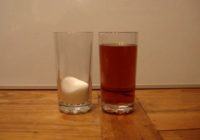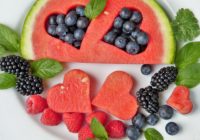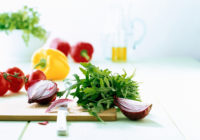Can Fizzy Drinks Make You Eat More?
The following is directly from the research conducted from the BBC’s Trust Me I’m a Doctor, but we thought it was powerful and worth knowing. When you’re on a health plan and looking at weightloss, knowing how certain drinks can affect your body helps when making better choices for yourself. Sugary fizzy drinks are notoriously unhealthy, as these commonly contain about eight teaspoons of sugar per can. But how much healthier are sugar-free alternatives,…
Read More







